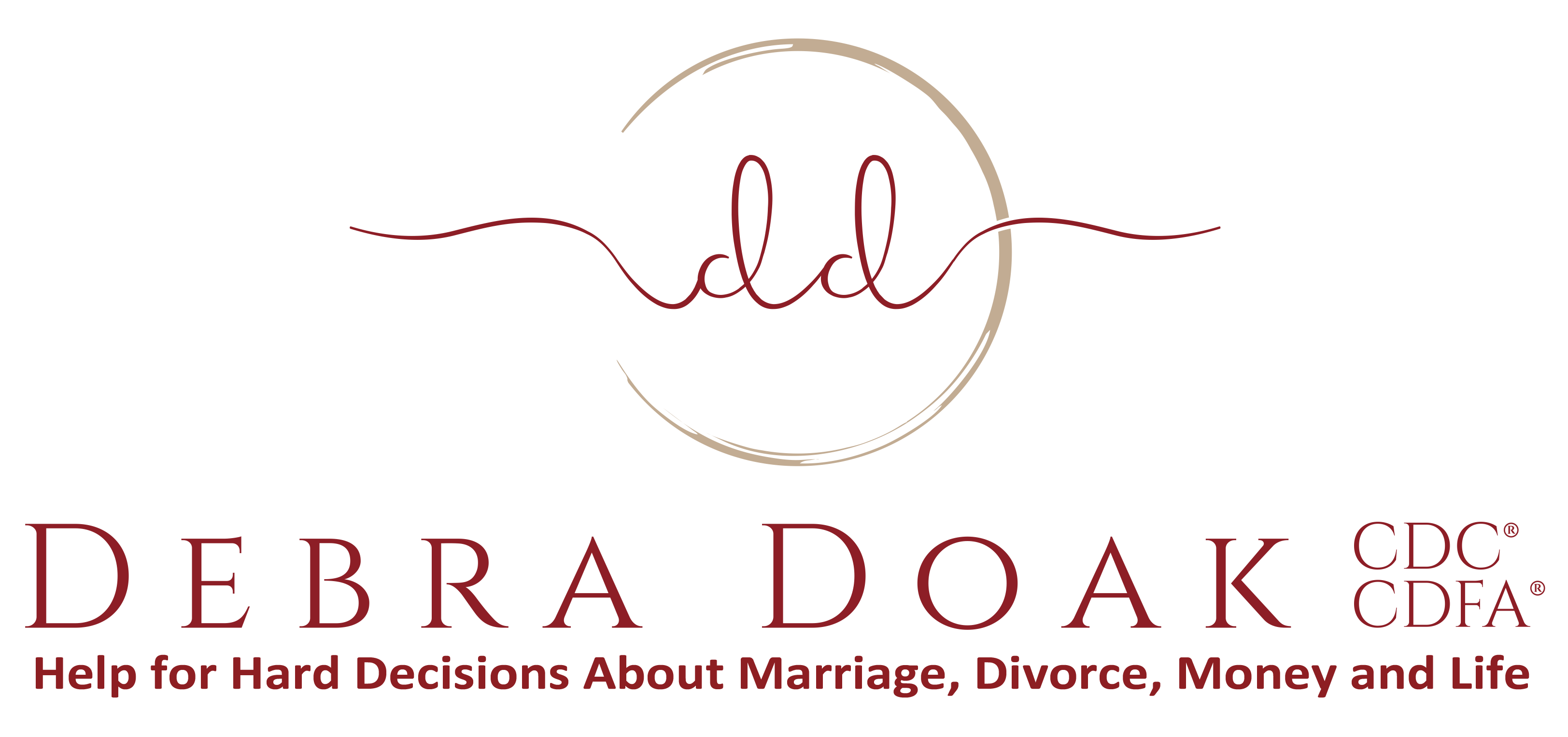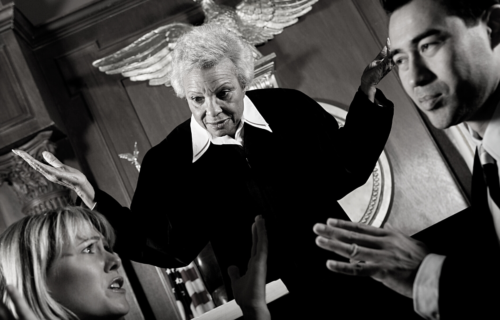
Boundaries: If You’re Not Safe, It’s Not a Boundary
Boundaries. Everyone talks about them. But not everyone knows how to use them effectively. Truth is, it can be really frustrating to keep setting boundaries and yet, continue to be disrespected. So today, I want to share a new perspective on boundaries from Anne Blythe at Betrayal Trauma Recovery.
The best advice I ever got was to start taking care of my own needs and my own safety and stop being so nice. Read more HERE about why being nice does nothing to make your relationship better.
Do not let an out-of-control person be the cue for you to change your course. Just allow him to be angry and decide for yourself what you need to do.
– Boundaries: When To Say Yes, How to Say No
In an article for Psychology Today, n healthy relationships partners “ask permission, take one another’s feelings into account, show gratitude and respect differences in opinion, perspective, and feelings.”
That sounds amazing, right? But in unhealthy relationships, boundaries can be much trickier to navigate. If you are with an emotional abuser, they aren’t interested in any opinion, perspective, or feelings other than their own.
How then, can you protect yourself when your partner, boss, friends, or family members aren’t treating you with respect or are making you feel unsafe?
Ineffective
The first obstacle to setting an effective boundary is identifying your needs. This isn’t as easy as it sounds. Because, again, boundaries are not about controlling someone else – they are about you protecting yourself. What behavior is hurting you and what would make you feel safe from that harm?
Next is really believing that you are deserving of having that need met and standing in the knowledge that your partner’s needs are not more important than yours. This can be huge if you have consistently allowed your partner’s needs to take precedence over your own.
Then if you do decide to set a boundary, we typically hear it expressed this way:
If you do/don’t _______, then you can/can’t or I will/won’t (consequence).
The problems with this scenario are:
- It sounds like an ultimatum and most people, especially abusers, don’t like to be told what to do
- The person can refuse to take on the consequence
- They can continue the behavior despite the consequence
- They can choose to escalate the behavior
- You continue to be triggered, upset and hurt while working to hold or tighten your boundary
Scenario: Your partner has gotten a DUI and promised to stop drinking. You caught them lying about their drinking and they have been driving under the influence. You worry about the safety of your children and additional legal expenses.
Example Boundary: You tell your partner that the children may not ride with them in the car and you need them to attend regular AA meetings.
Outcome: Your partner may refuse to accept your boundaries or may comply briefly, but then return to drinking and driving.
Not An Effective Boundary: You and your children are not safe and are still at risk to be hurt.
Effective
So then, what is an effective boundary and how is it different?
Instead of thinking of a boundary as a statement or a thing that you will or will not tolerate, think of a boundary as the actual physical or mental thing that stops the harm. If the harm hasn’t stopped, there isn’t a boundary yet.
-Anne Blythe, founder of Betrayal Trauma Recovery
An effective boundary is something you do or you put in place to keep yourself protected. It is not reliant on someone else to do the right thing or comply with your request. You don’t even need to communicate your boundary to the offender or get their buy-in. You simply take action to protect yourself.
Scenario: Same as above
Example Boundaries: You begin attending Al-Anon meetings, you and your children stay with your parents or friends, you request legal protection for your children, you make other arrangements for your children to have rides when you aren’t available, you move money to an account in your name only, you meet with a divorce attorney, etc…
Outcome: You have taken the necessary action to prevent harm.
Notice the difference. With an effective boundary, you decide what will make you feel protected and you take action. Putting your safety in the hands of an addict, abuser, or toxic person by asking them to respect you can be a recipe for disappointment. Listen to Anne’s podcast HERE to learn more.
Need Help Setting Effective Boundaries?
The right support and encouragement can make all the difference when it comes to boundaries and protecting yourself. Let’s hop on a complimentary consult call and talk through where you might need to take action to keep yourself and/or your children safe. Stop being so nice to other people and start being nice to yourself.
Wishing you strength and wisdom,




